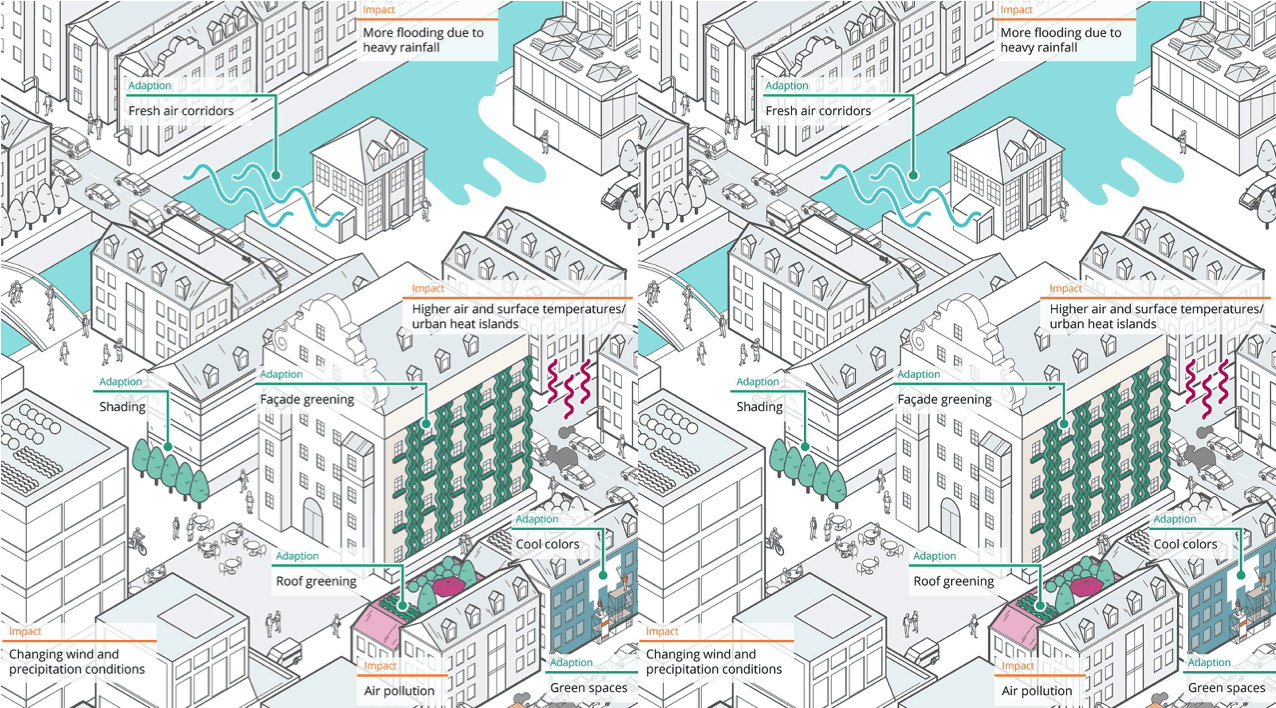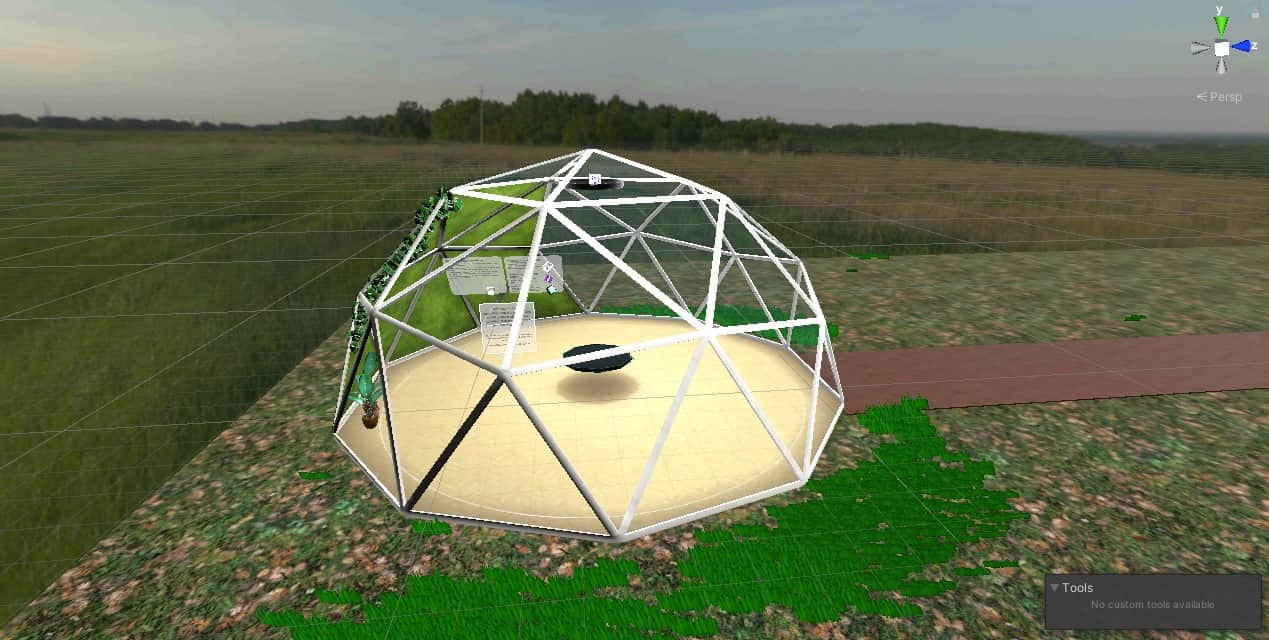
A therapy to support individual mathematical learning skills? What may sound utopian is already very close to neuropsychologists. The corresponding regions in the brain will be electrically stimulated.
Supporting the individual mathematical learning aptitude would relieve many students from their agony of learning. The Austrian neuropsychologist Roland Grabner is working on this. He wants to:
- Contribute to the development of evidence-based education, using findings about the acquirement of complex knowledge and how this can be aided
- Introduce the electrical stimulation of brain regions to improve learning outcomes as a new treatment method for learning disorders;
MATHEMATICAL LEARNING APTITUDE
Mathematical skills are a central competent of human intelligence and influence success in education and profession. Recent findings suggest that mathematical competence in everyday life is of equal importance as the ability to read. Educational neuroscientists have already gained a lot of knowledge about the processing of numbers in the brain. There is little known about the mechanism underlying the acquisition of mathematical skills in school, says Grabner.
At this point, a distinct field of research begins, which ranges from early mathematical development, to the understanding of arithmetic, all the way to mathematical giftedness.
“The desire for a more capable brain, to increase the learning success, has existed as long as anyone can remember. Today, we know that there is no magic pill, but that successful learning is a highly complex process. By incorporating neuroscientific methods, we have the chance to expand our knowledge about the process and also develop new methods to improve learning.” Roland Grabner
TARGETED SUPPORT
In a project that will run until 2020, Grabner wants to specifically support the development of mathematical competences. The starting position for his project are two indicators:
The different mathematical abilities of people become evident in observing the activity in their brain regions, which are responsible for handling mathematical processes. It is also these regions that play an essential role in the acquisition and application of mathematical knowledge.
Initial studies suggest that non-invasive electrical stimulation of these brain regions can improve individual learning, especially in mathematics.
A FIRST EVALUATION
In this project, Grabner for the first time intends to carry out an evaluation of transcranial electrical stimulation (tES) – in order to get a clear picture of the actual advantages of this method. Furthermore, the neuropsychologist wants to find out, which brain mechanisms underlie a successful arithmetic learning.
Grabner wants to identify type and method of the most effective non-invasive (externally applied) electrical stimulation. The neuroscientific methods tES, magnetic resonance tomography (MRT, MRI) and electroencephalography (EEG) are used.
The project runs under the name Non-invasive brain stimulation in mathematics learning and will end, after a three-year research period on the 31st of July 2020. The realization was supported by the Fund for Scientific Research (FWF).






